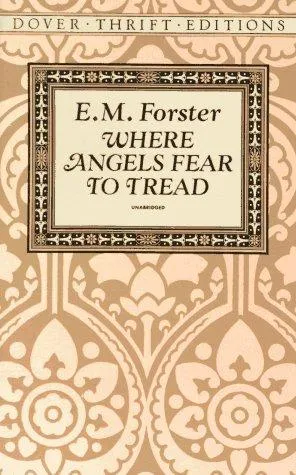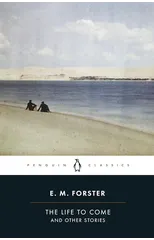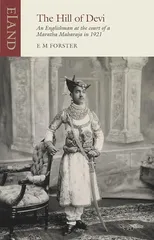Like his novel A Room with a View, E. M. Forster's Where Angels Fear to Tread focuses on a group of English men and women living and traveling in Italy. A young Englishman journeys to Tuscany to rescue his late brother's wife from what appears to be an unsuitable romance with an Italian of little fortune. In the events surrounding that match and its fateful consequences, Forster weaves an exciting and eventful tale that intriguingly contrasts English and Italian lives and sensibilities. As in Forster novels, among them Howards End and A Passage to India, Where Angels Fear to Tread reveals the author's deep fascination with all of human experience — sexual, moral, spiritual, imaginative, material. Acutely observant of the ways of the English middle class, he is as critical here of its snobbishness, greed, and cultural insensitivity as he is respectful of its decency and kindness, common sense, and goodwill. This splendid novel reveals the great breadth of his gifts as both storyteller and humanist — attributes that continue to make him one of the twentieth century's most admired novelists.
E.M. Forster
E.M. Forster was a British novelist and essayist known for his insightful social commentary and exploration of human relationships. His most notable works include "A Passage to India," "Howards End," and "A Room with a View." Forster's writing style is characterized by its clarity, wit, and empathy towards his characters. He is credited with pioneering the psychological novel and challenging traditional British social norms. "A Passage to India" is considered his masterpiece, tackling themes of colonialism, race, and cultural misunderstanding. Forster's works continue to be celebrated for their timeless relevance and profound exploration of human nature.






